Efficiently Chunking
1/17
There's no tags or description
Looks like no tags are added yet.
Name | Mastery | Learn | Test | Matching | Spaced |
|---|
No study sessions yet.
18 Terms
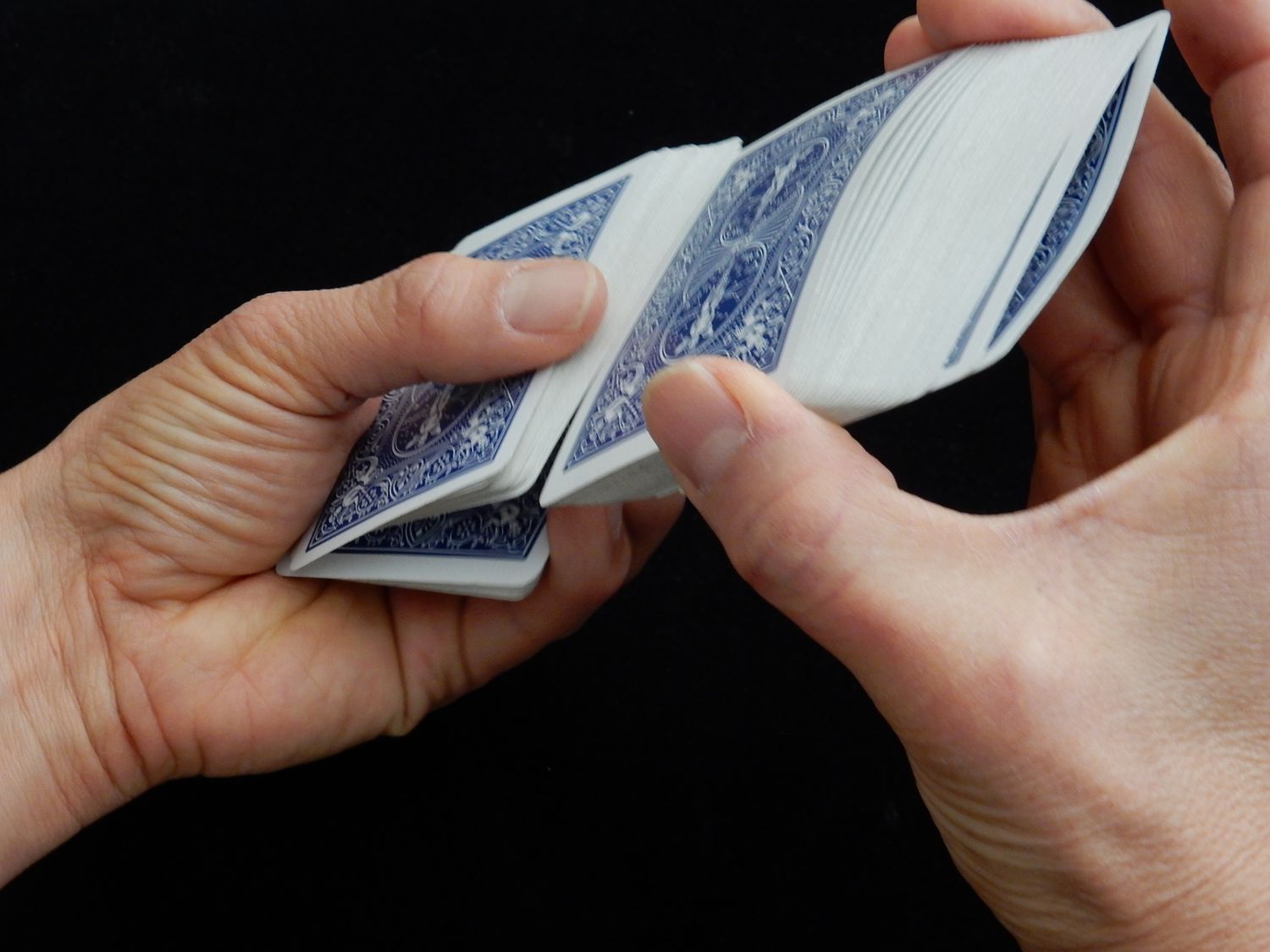
Interleaving
Shuffling multiple cards or decks of cards together, each card representing a skill or concept you’re trying to learn.
Jumping back and forth between different problems and situations that requires different techniques or strategies.
Do this once you have the basic idea down.
Helps you recognize patterns and boosts your creativity.

Spaced Repetition
Watering Seeds in a Garden.
Repeating what you’re trying to learn, but spacing this repetition out.
Don’t Cram learning, it’ll make a terrible knowledge base.
Gradually increase the time intervals between the sessions.

Deliberate Practice
Going to Failure in a Workout.
Focusing your attention to something harder.
Adds balance to your studies.

Recall
Neural Hooks
Calling back on a concept without referencing the material.
Deepens neural pattern, this is how you actually learn and begin to chunk.
miles better than rereading

Doing
Jumping into the Swamp
Getting straight into the thick of it.
the greatest test of your competence besides teaching
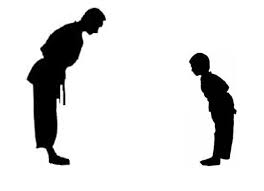
Teaching
Becoming a sensei with a dojo.
Imparting knowledge, skills, and values to others.
Involves finding a clear way to explain difficult concepts.
The greatest test of competence and extremely humbling.
Reinforces understanding
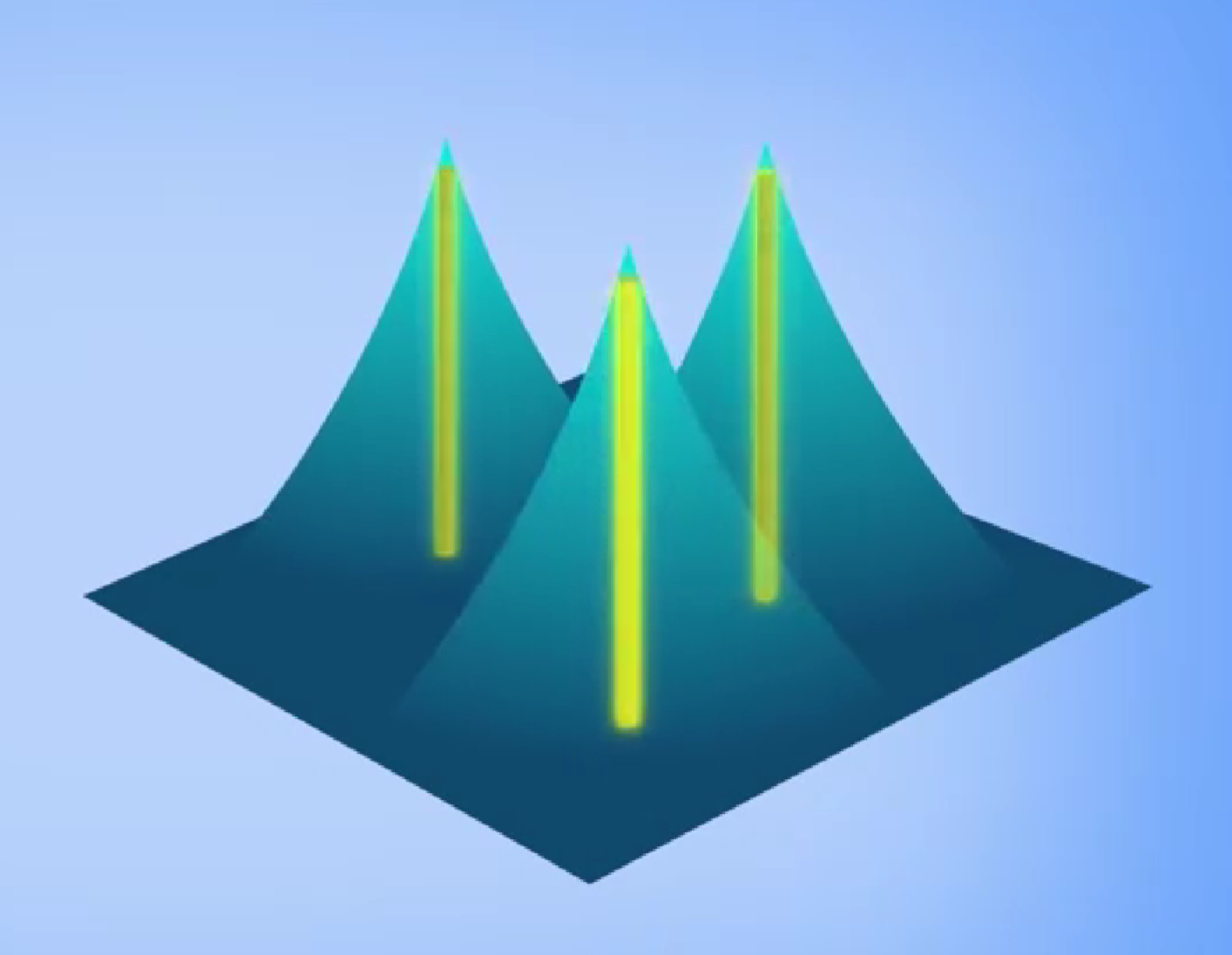
Analogy
A tarp with the number of tents depending on relatability.
A way of realizing one concept is somehow like another.
The first thing you should do when trying to learn or understand a concept.
Links the concept to information you already know.
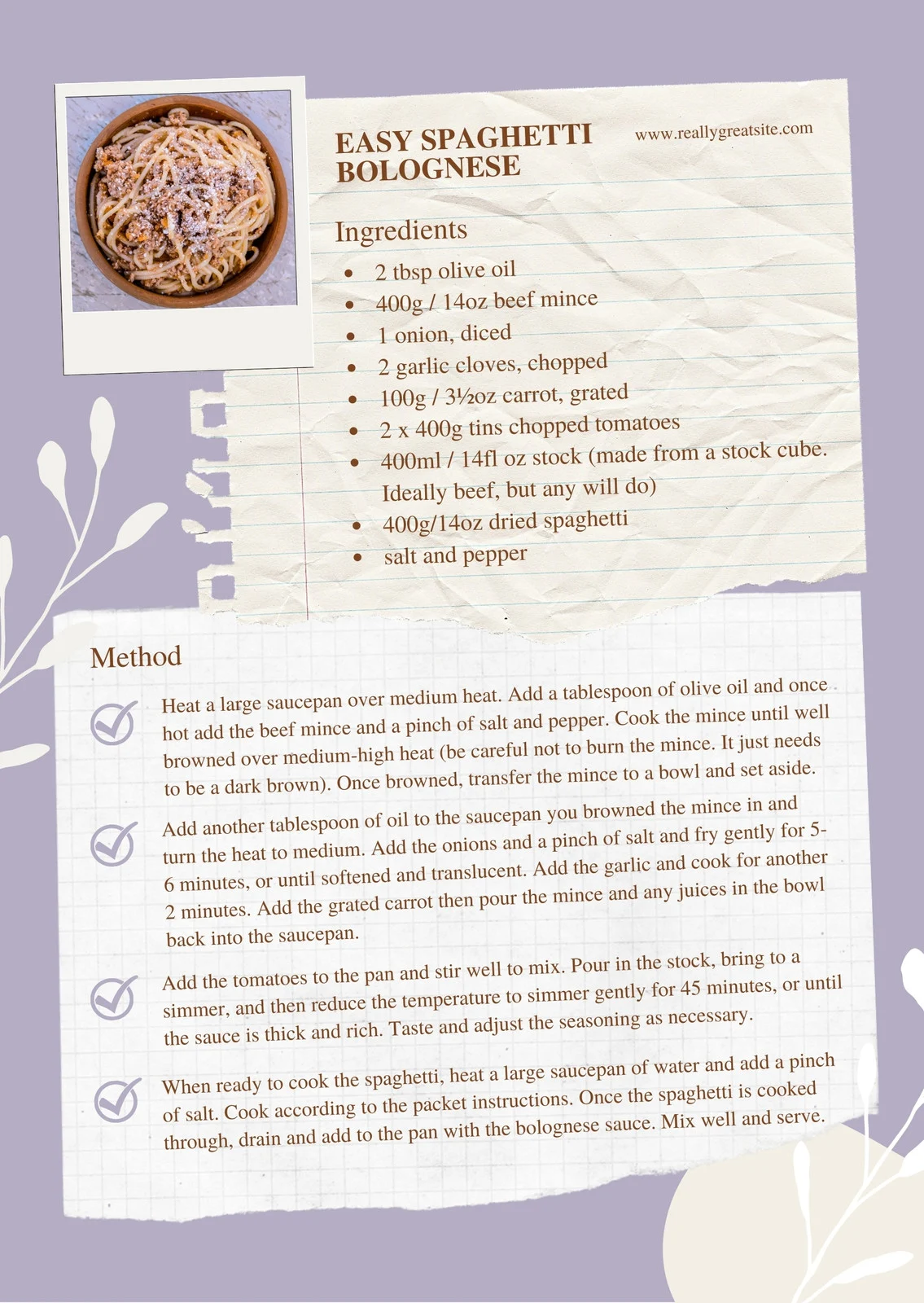
Work-through Examples
Looking at a Recipe before baking. Listening to a song before playing it. (Pre-Chunking)
A demonstration on how to solve a particular problem or task.
Reduces cognitive load
Focus not on the individual steps but the connections between them, what they add to the holistic whole, then you’ll see the key features and underlying principles of a problem.

Enriched Environments
Living in a vibrant, stimulating city filled with diverse opportunities for growth & exploration.
Being surrounded by people alike. (Driven people, creatives, intelligence.)
Create new neurons
Drive creativity
Catch blind spots
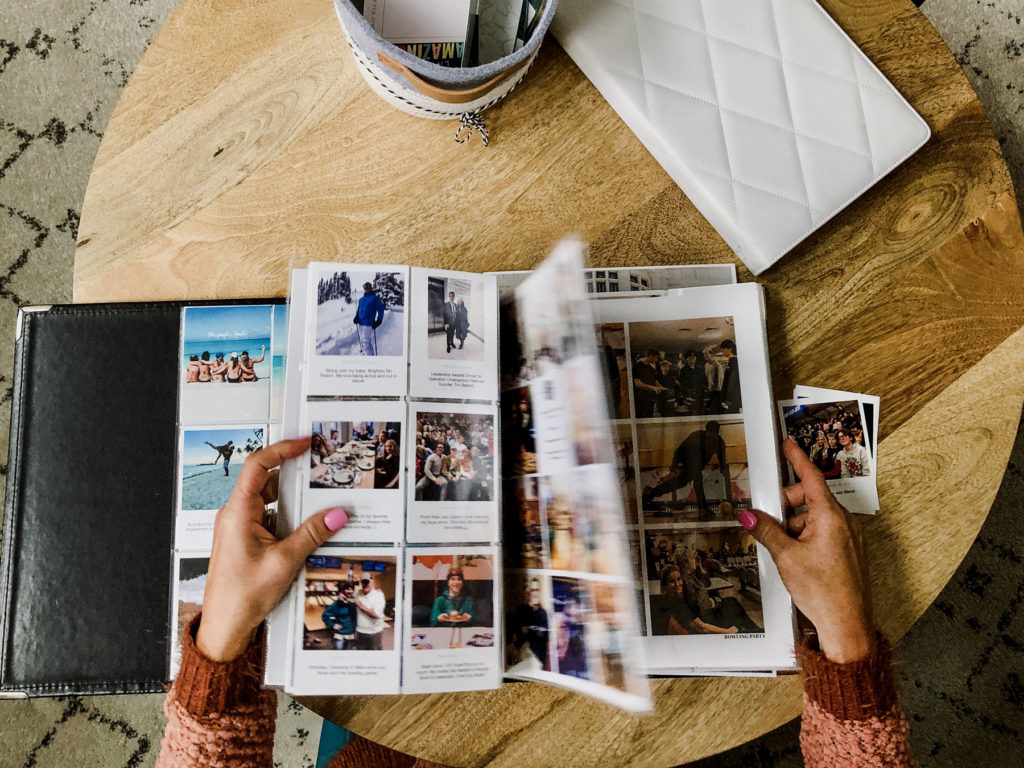
Flash Cards
Looking at a picture in a photo album and recalling the memories associated with it.
A learning system designed to help you memorize concepts, facts, definitions, or procedures.
Utilizes Recall, Interleaving, and Spaced Repetition

Overlearning
A dancer who rehearsed the same choreography repeatedly until every move becomes instinctive.
Learning after grasping what you can in a session.
Does not deepen understanding
Great for creating automaticity in behavior
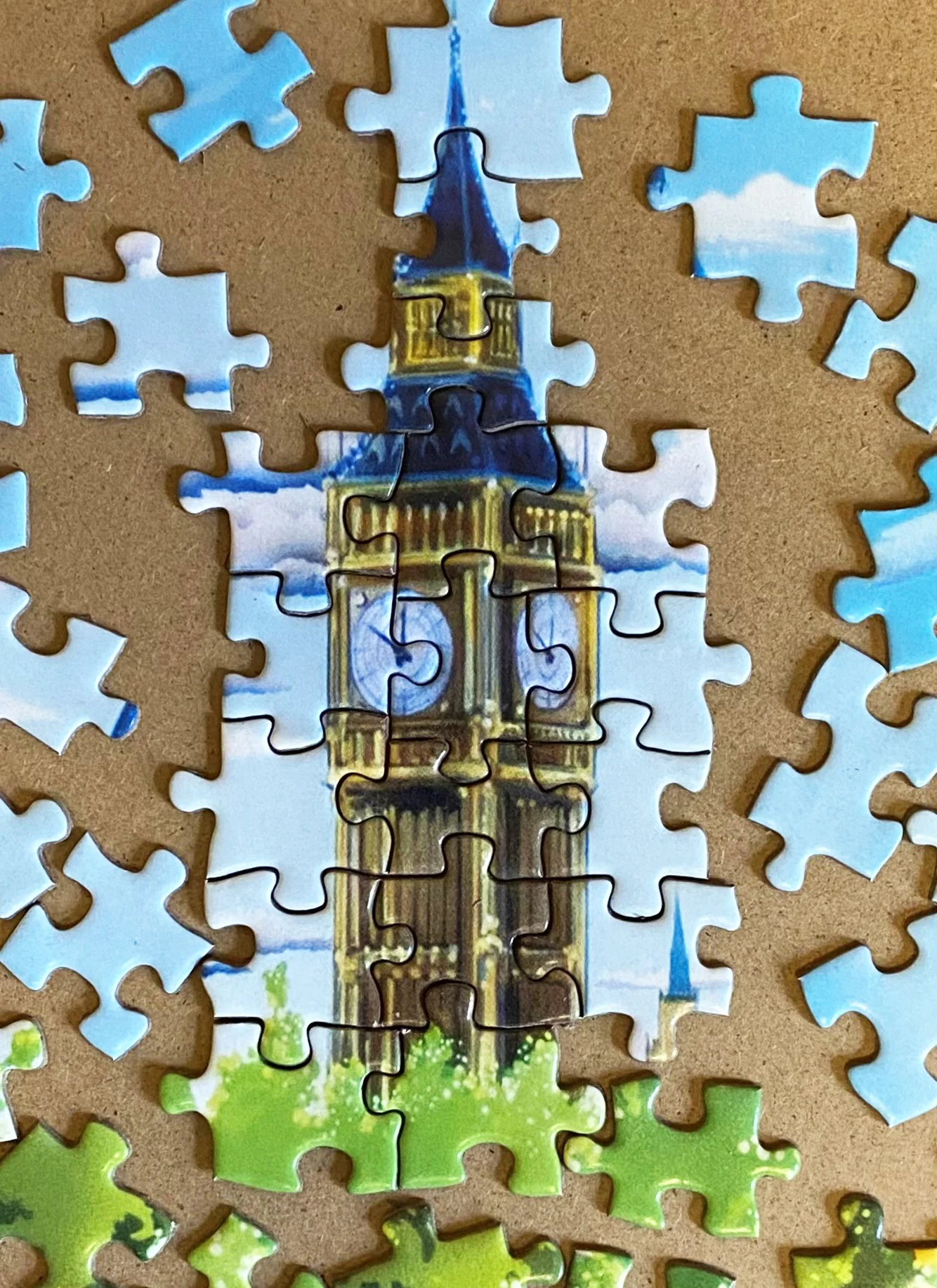
Chunks
Faint puzzle pieces that darken with practice and connect with understanding.
Compact packages of information your mind can easily access.
Unites bits of information through meaning.
Can expand
3 steps to chunking
Best chunks are ingrained

Illusion of Competence
Walking on a thin layer of ice, believing it’s solid ground.
Deluding yourself into thinking you understand the material you’re studying.
Rereading (w/o Spaced Repetition).
Excessive Underlining or Highlighting.
Sticking to Unchallenging Work.
Merely Glancing at a solution.

Mistakes
Unexpected detour on a road trip.
Unintentionally performing an incorrect action.
Reveals blind spots in your knowledge and allows repairs.
They are great for learning, so don’t be a perfectionist and be wrong ASAP.
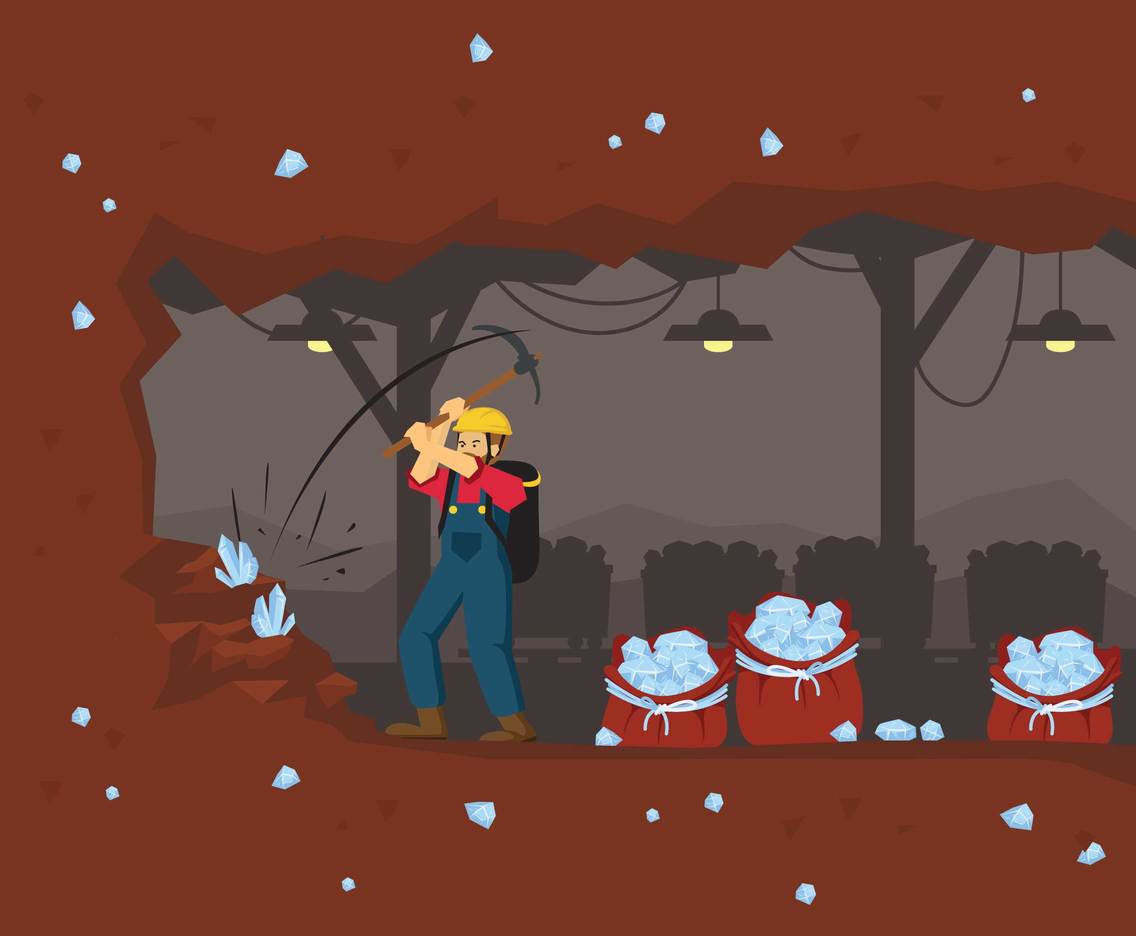
Law of Serendipity
Lady Luck favors the one who tries.
Mining coal for years and one day finding a spot teeming with the rarest gemstones on earth.

Einstellung
Thinking you’ve lost your glasses when there right there on your head.
Having a cognitive bias that blocks you from making connections or solving a problem.

Handwriting
Carefully handcrafting a piece of furniture instead of assembling it from a pre-made kit.
Writing text by hand using a pen, pencil, or other writing instrument.
Assists memory formation & deeply encodes new information because the brain’s connectivity patterns are significantly more elaborate when writing by hand.
Typing movements are more repetitive and less stimulating.
You often can learn in the best way when you attempt to write about it.
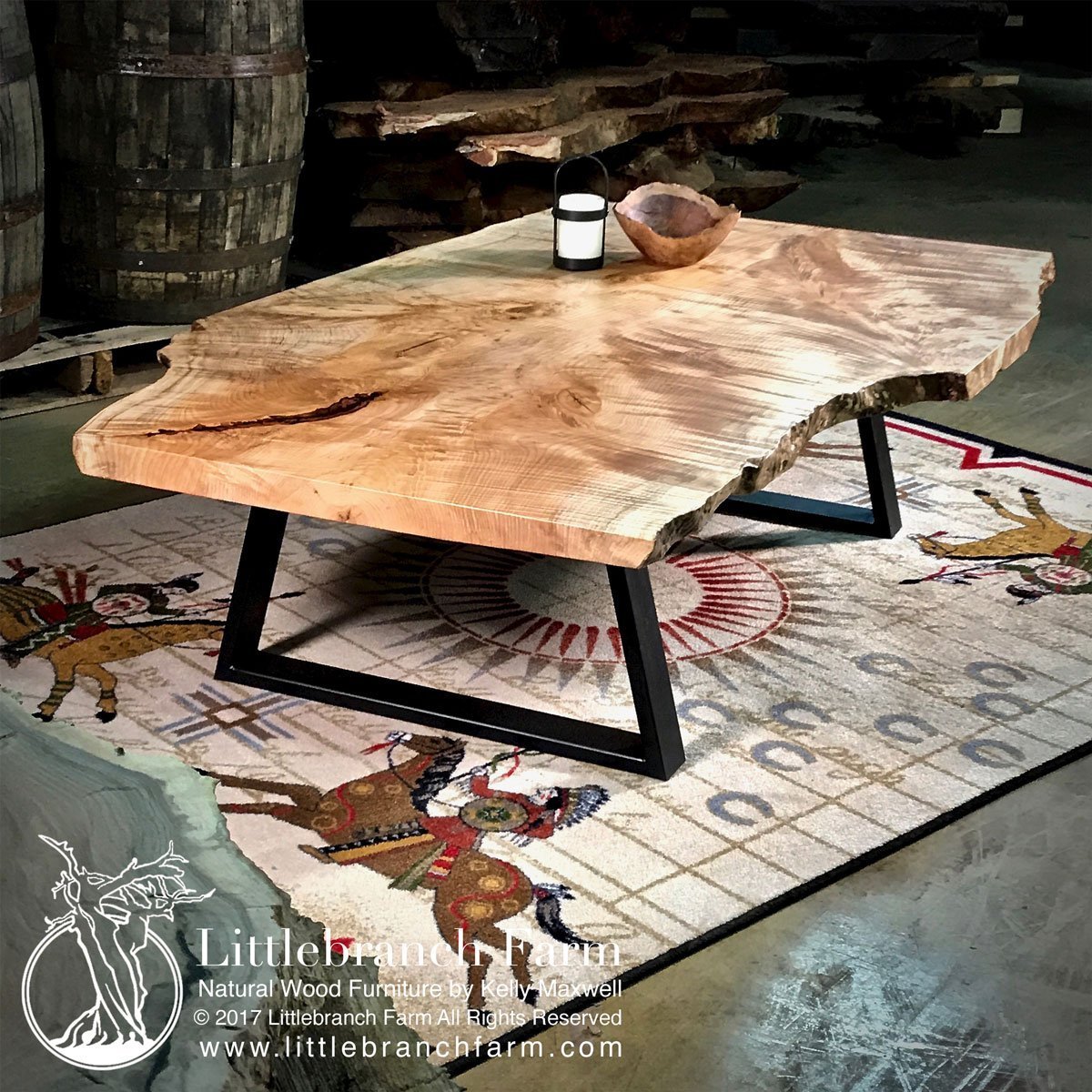

Speaking
Anchoring a boat in a busy harbor.
Conveying information in spoken language.
Sets auditory hooks to the material.
You can choose what hooks are set.